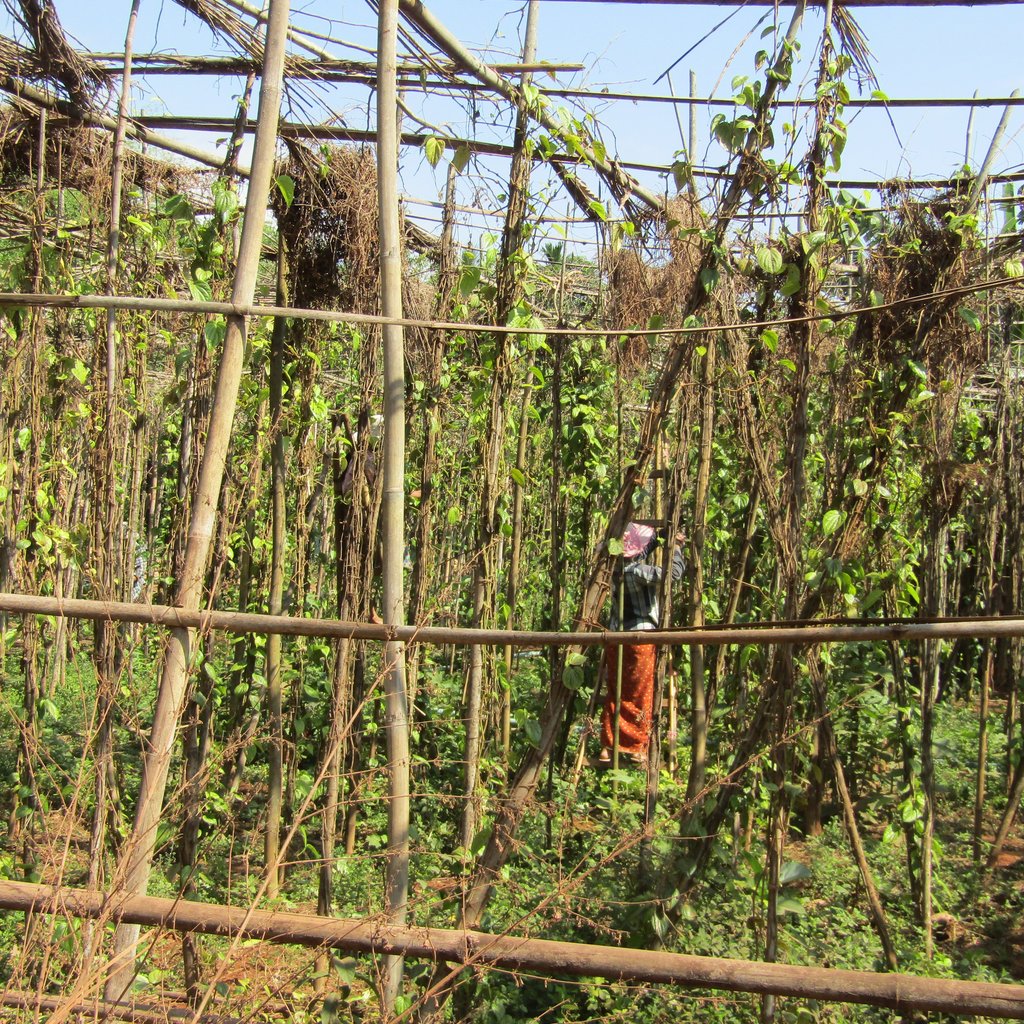This study combines survey data and social media analysis to examine how people perceive Swiss agricultural grasslands. Results show a clear preference for colourful, species-rich, extensively managed grasslands over fertilised, grass-dominated swards. Social media imagery similarly centres on flowers, followed by livestock and wildlife, with patterns varying across platforms and user groups. Conservationists and agricultural professionals differed in their aesthetic judgements, as did casual visitors and naturalists in their posting behaviour. Overall, public appreciation is strongly linked to biodiversity and management intensity, suggesting that extensive management and ecological restoration can significantly enhance cultural ecosystem services such as recreation, wellbeing, agrotourism, and landscape heritage.
